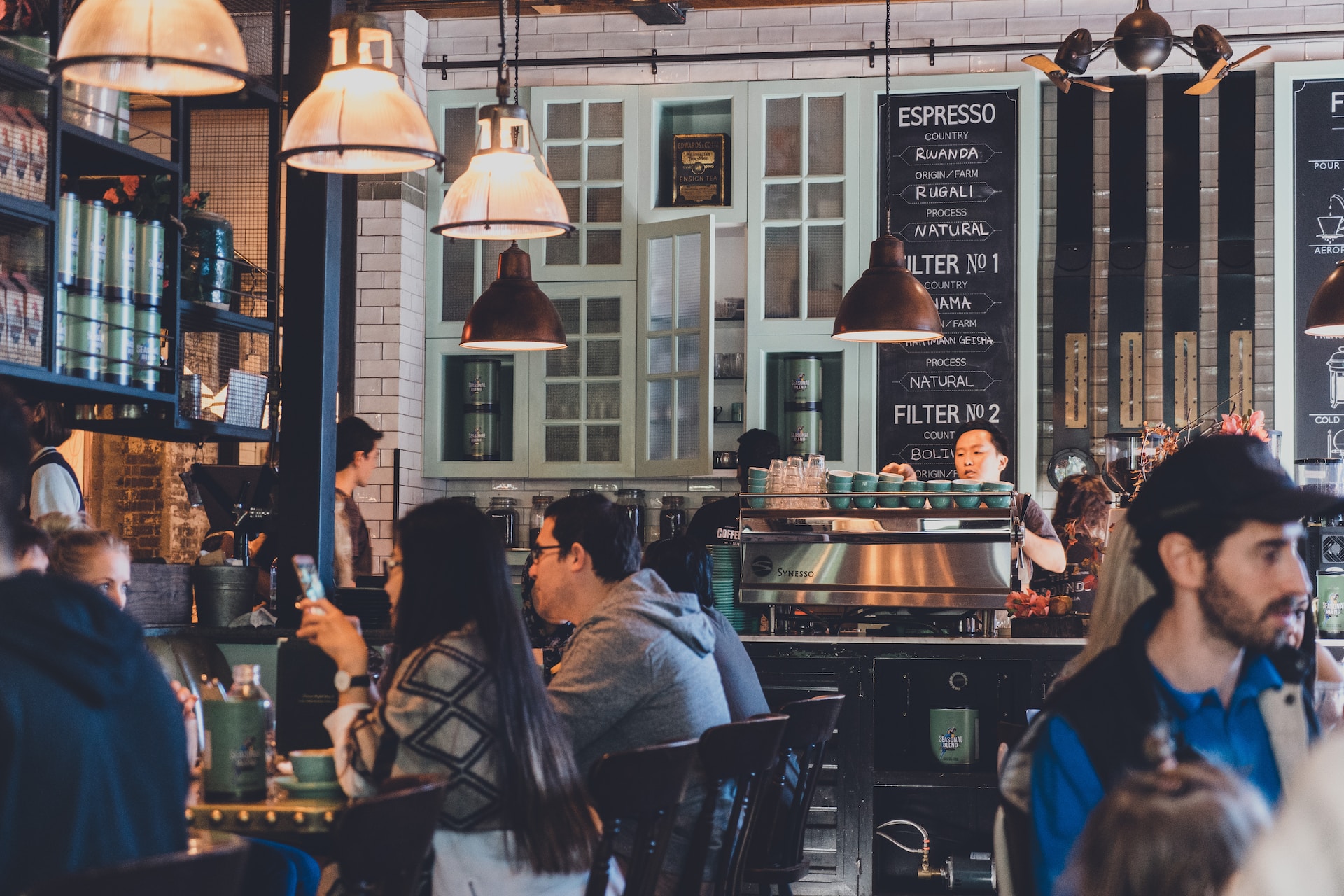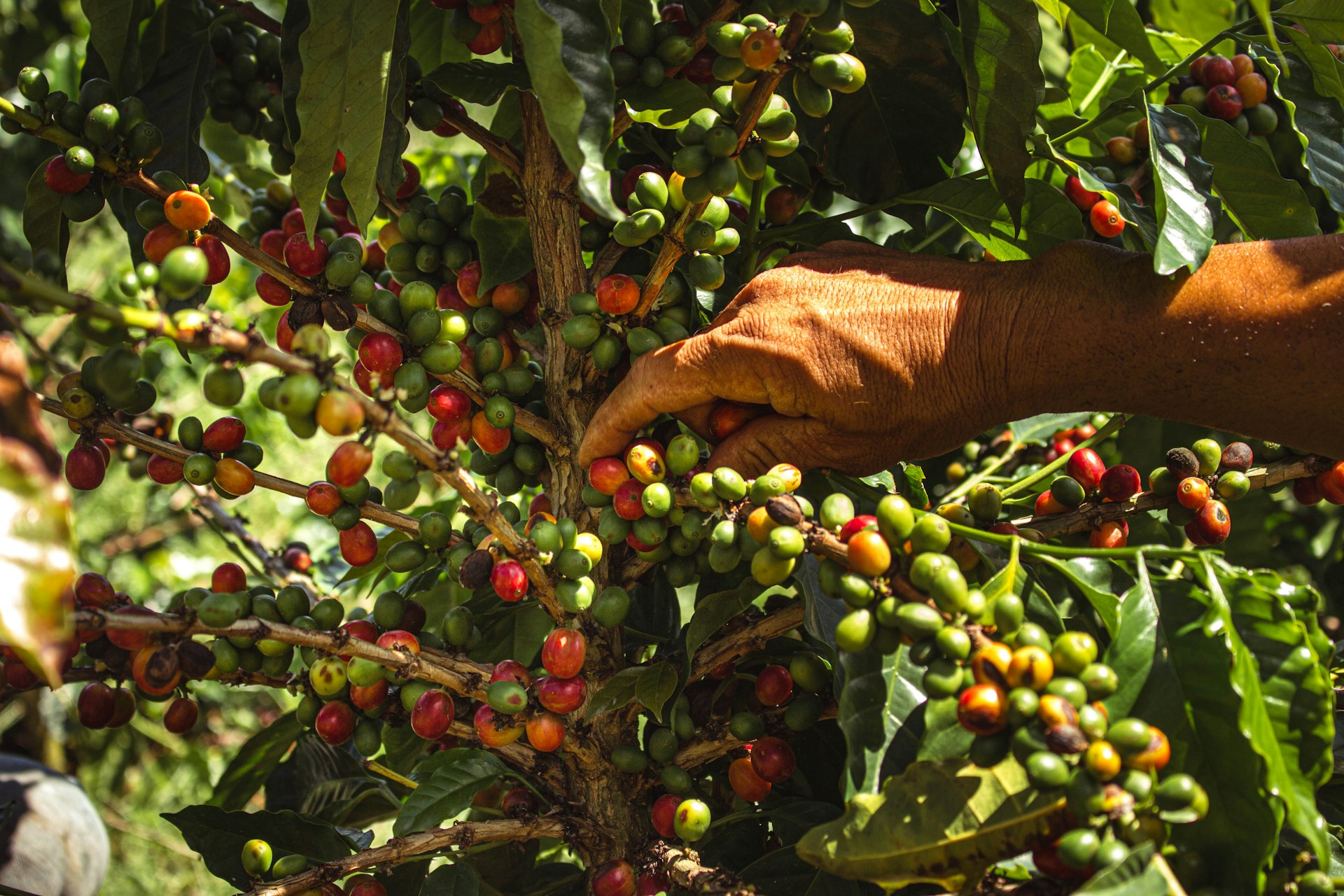The perfect combination of freedom and support, investing in a franchise is an excellent choice for both budding entrepreneurs and experienced business people looking for a new opportunity. But what kinds of costs can you expect to pay to get started as a franchisee?
When you buy a franchise, there are several costs involved, which you’ll need to understand before deciding whether it’s the right move for you. The exact franchise costs will heavily depend on which industry you’re entering and which franchise you want to join. Here, we break down the potential costs involved in buying an average UK franchise to provide a basic idea of what you can expect.
How Much Money Do You Need For a Franchise?
The cost of a UK franchise can vary significantly, with options for low-cost franchises from as little as £5,000 up to more comprehensive franchise agreements requiring £300,000 or more. The British Franchise Association estimates that the average cost of a franchise is £42,200.
How much you’ll need to pay to get everything up and running will depend on various factors, including:
- Franchise popularity and demand
- Type of franchise agreement (i.e. single, multi-store or master)
- Length of agreement
- Location of stores
- Design and product offerings
- Profit potential
- Support from franchisor
Generally, the more support that’s provided, the higher the initial investment will be. However, with more franchisor support also comes the opportunity for more growth and long-term success.
The Costs Involved in Buying a UK Franchise
The average cost of a franchise being somewhere around £40,000 provides a very general guideline, but it doesn’t really tell you all that much. Franchises include everything from home-run cleaning services and van-based businesses to high-street retail stores worth millions.
Costs and fees will differ wildly between industries and there are several costs aside from your overall investment that will require consideration.
1. Franchise Fee
The franchise fee is the payment you make for the right to operate under the franchisor’s name and business model. This is usually the most expensive upfront fee on the franchising journey because it gives you access to the expertise and practical necessities that contribute to a successful franchise business.
Again, franchise fees will largely depend on the franchisor you partner with, but you can generally expect to pay somewhere between £10,000-£50,000 for the upfront franchise fee.
2. Start-Up Costs & Capital Investment
Beyond the franchise fee, the franchisee is also usually responsible for paying the start-up costs. This will include things like:
- Property fees
- Equipment and store furnishings
- Inventory and supplies
- Payroll
- Anything else that’ll contribute to the daily running of the franchise
The type of franchise agreement you have will determine what start-up costs you need.
3. Working Capital
As well as the standard franchise fee, your franchisor will also likely have minimum financial requirements you’ll need to meet to be considered as a franchise partner.
Running any kind of business will require a healthy flow of working capital to cover day-to-day operational costs. Investing in a franchise is not a simple case of paying the franchise fee, setting up your store and sitting back, expecting the money to just come in. You must put in the work (and the money) to start seeing a profit.
The necessary liquid capital to keep your business afloat in the beginning contributes to the overall franchise costs and will be your responsibility as the franchisee.
4. Royalty Fees
The final standard fee that any franchise will require is the royalty fee. This ensures you can continue benefiting from the brand’s support and keep operating under their name.
Royalty payments can either be flat fees or a percentage of monthly gross sales – with the latter usually being more common. The royalties are generally between around 4% and 8% of your business's gross sales, but this can be a much higher percentage depending on the industry’s nature.
5. Potential Additional Expenses
The above costs will account for the basic setting up of your franchise and initial operations. However, you’ll also need to consider continued business growth costs as you find your footing as an established store. You may be responsible for paying for things like advertising and marketing costs, for instance.
Other potential costs you might not consider at the very beginning of your journey may also include franchise renewal fees, legal advice and insurance.
A good franchisor will be upfront about all the costs involved in buying a franchise and whether you’d be expected to pay additional fees or cover costs in the foreseeable future.
How Much Does a Franchise Owner Make in the UK?
Franchising can be an incredibly profitable way of running your own business. A study from the British Franchise Association (conducted in 2018) estimates that 93% of franchise-run units are profitable, far outstripping the prospective chances of success for independent start-ups.
The same study states that 60% of franchises see a turnover of more than £250,000. Ultimately, the level of profit you’ll see is dependent on the industry, the landscape of the current market and how willing you are to put in the work.
But numbers tell just part of the story. To see the human side of investing in a franchise, meet an Esquires franchisee and hear their journey.
How Much Does an Esquires Coffee Franchise Cost?
If you’re seriously considering buying a franchise and are interested in opening a coffee shop, Esquires Coffee could be your ideal partner. We’re passionate about helping up-and-coming entrepreneurs flourish and we work closely with our franchisees to create authentic local experiences for the modern coffee consumer.
As with any franchise, the exact cost of an Esquires Coffee franchise can vary depending on various factors.
For a single-store Esquires Coffee franchise, the total investment is generally around £270,000 - £300,000. This figure includes:
- Franchise fee: £19,500
- Minimum cash investment: £100,000
- Start-up costs to cover: hiring and training support, store design, equipment, marketing, property fees, fit-out and furniture costs.
Interested in finding out more? Get in touch.
Esquires Coffee Royalty Fees
Our royalties are 6% of gross sales.
How Much Will I Make With an Esquires Franchise?
Our franchisees can generally expect a net profit ratio of around 12.5-15%. However, this is merely an estimate, and the actual results can vary and will depend on the various factors we’ve mentioned throughout.
Read through our brand brochure to find out more about what it would mean to become an Esquires franchise partner. We’ve worked with a huge variety of UK franchisees over the years, from new starters to experienced businesses that share our passion for delicious, ethical coffee.
We currently have franchise opportunities across all regions of the UK. So, if you want to join a fast-growing industry, why wait?







